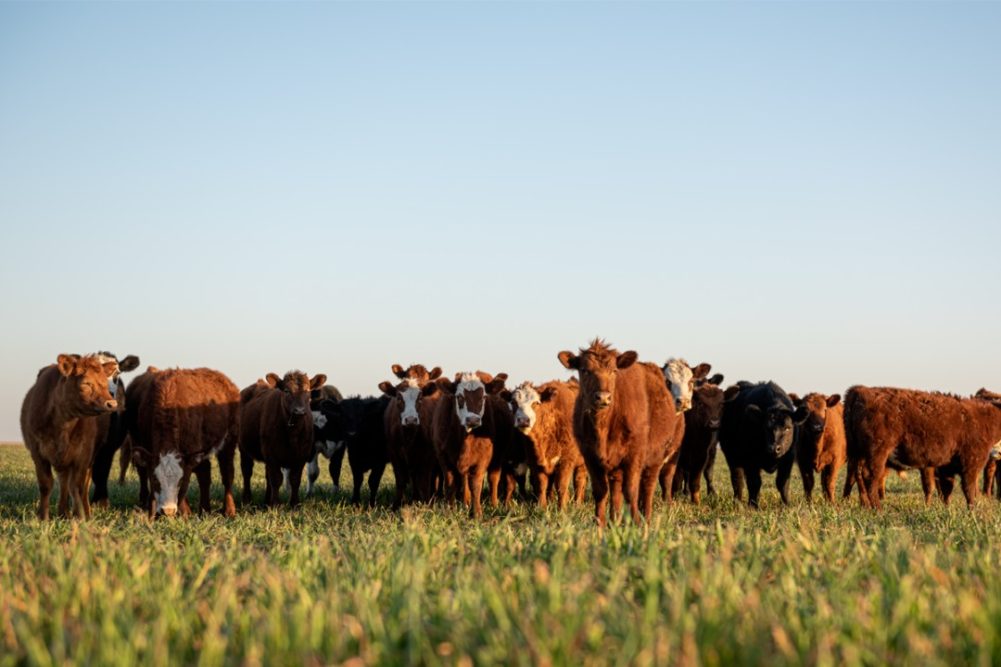TOPEKA, KAN. — Responding to thousands of cattle dying from a recent heat wave, Kansas Gov. Laura Kelly announced new resources and actions to aid cattle producers.
The heat wave swept over southwest Kansas beginning on Saturday, June 11, causing over 2,000 cattle deaths.
“I have directed state agencies to do everything in their power to help Kansas cattle feeders who lost cattle due to heat stress,” Kelly said. “From expediting burial permits to reaching out to cattle producers across the state, my administration is working to ease the impact of last weekend’s losses on the Kansas agricultural community.”
Federal resources are available to provide financial relief. Impacted cattle feeders are also eligible for US Department of Agriculture (USDA) indemnity payments, which are made to compensate for the loss or destruction of certain animals and crops. Fatality insurance may cover some of the losses as well.
“We’re working as quickly as possible to assist facilities in safely disposing of the carcasses and to respond to the needs of impacted ranchers,” said Janet Stanek, secretary of the Kansas Department of Health and the Environment. “In the last week, our staff has processed burial permits and worked with landfills to ensure that carcasses are disposed of properly.”
Kansas beef cattle contribute nearly $13 billion annually to the state’s economy, and Kansas exported more than $1.7 billion in fresh, chilled and frozen beef to countries around the world last year.
Kansas Secretary of Agriculture Mike Beam assured that the losses will not derail the beef supply.
“Last weekend’s losses reflect a very small percentage of the total fed cattle numbers in the state, so it will not impact meat prices for consumers,” Beam said. “Regardless, this rare event will hit the feeders who owned the cattle quite hard. We have reached out to contacts in Southwest Kansas to offer our assistance and support.”
“This was an unusual and unfortunate event,” said Matt Teagarden, chief executive officer of the Kansas Livestock Association. “Cattle feeders continually work to mitigate all weather events, whether it’s excessive heat, snow, or wind, and it is always their goal to make sure their cattle are healthy so they can provide a good product for their families and for consumers. We appreciate the quick response from the Kansas Department of Health and Environment to address this situation.”


